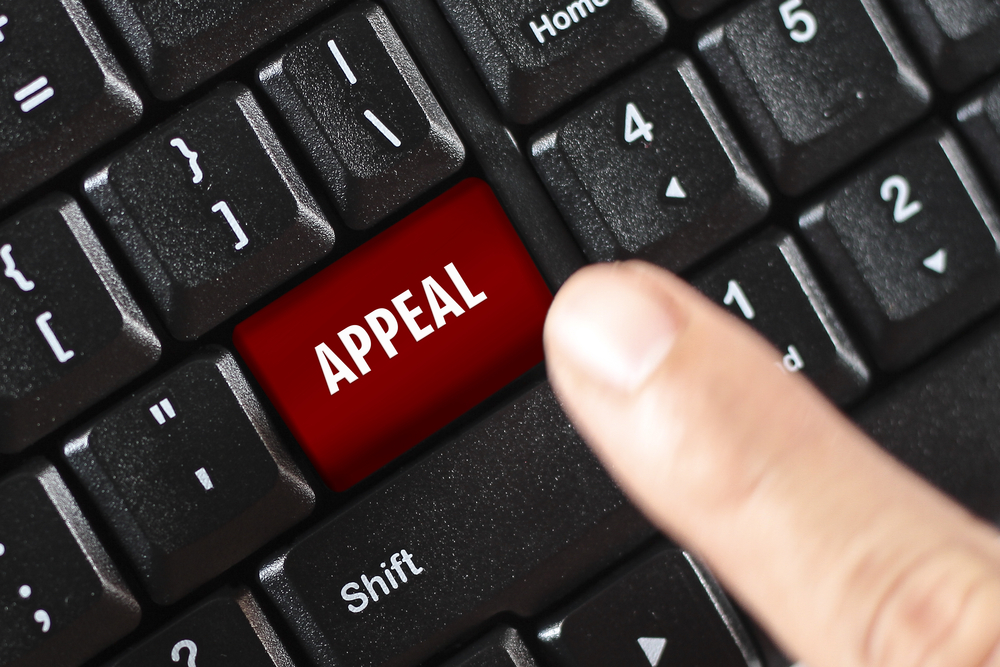The state of Utah is serious about protecting the unemployment insurance (UI) benefits that it provides to its citizens. It wants only those who are legally permitted to receive such benefits to do so. If Utah decides that the unemployment claim is valid, but the employer does not believe so, then the appeals process can begin.
Companies must know what they are up against when dealing with UI appeals. The process is complex and can lead to confusion if one does not have the information they need to get through something like this. A company’s UI rates can increase if it loses its appeal. Therefore, it is mission-critical to make sure all business owners understand what they are getting into to save money.
Should you appeal a decision by the Department of Workforce Services?
It makes sense to appeal a decision by the Department of Workforce Services if their decision adversely impacts you. It is in your best interest to keep fighting until you either get the result you are looking for, or you run out of available appeals.
If you appeal a decision by the Department of Workforce Services:
- The initial appeal must be filed within 15 days of the Department’s decision.
- There are online options for filing an appeal which most people consider to be the easiest to deal with.
- Late appeals will only be considered if a good faith reason can be shown for why the appeal was filed late.
There is no reason to give up and throw in the towel if you do not know for sure how a specific ruling is likely to go. If you decide ahead of time that you are most likely to lose, then you may decide not to move forward. However, there are generally at least some reasons to have faith in the process and believe that you may come out in better shape than you were in before.
When is an Employee Not Eligible for Unemployment?
There are situations when employees are deemed not to be eligible for unemployment benefits. These include the following scenarios:
- The employee left the job voluntarily.
- The employee intentionally violated company rules.
- The employee had excessive absenteeism.
- The employee failed to meet expected standards of behavior on the job. (sleeping on the job, etc.)
These are all situations where the employee would not be permitted to receive unemployment benefits from the state. In these scenarios, the state has determined that the employee has done too much to contribute to their own termination to allow them to benefit from the unemployment system. If that is the determination, then the employer might reasonably expect to win their appeal.
How the Appeals Hearing Works
The process is similar to a courtroom trial, but there are some differences. A few of the things that a former employee will be allowed to do includes presenting exhibits, calling witnesses, and presenting facts to the court. The former employer will also have all of those same opportunities.
An administrative law judge is the one who will conduct these appeal hearings, and they may record the hearing, question parties under oath, and make determinations about the facts of the case. Most of these hearings last between 30 and 60 minutes until a decision can be reached.
Both sides are encouraged to present their case and all of the information they have, but with the volume of these types of cases that the courts have to get through, courts must move through each individual case rather rapidly.
How to Prepare for the Appeals Court
To increase your odds of a successful day in appeals court, it is necessary to look at ways that others have been able to navigate the process before you. For example, it is always a good idea to do the following:
- Dress in a manner that is expected for court. (professional)
- Bring all relevant documents and information with you to have everything ready for the court to review.
- Make sure you gather together all of the witnesses that you require to make your case.
- Keep track of all relevant court dates when you need to make an appearance.
- Prepare to refute the claims that you believe the other side is likely to make against you.
You can never know what might happen once you arrive in the courtroom, but you can brace yourself for the various possibilities that may come up along the way. The more prepared you are to handle things like this, the better the outcome is likely to be for your side. Just remember to keep your emotions in check and know that the court will favor you more if you conduct yourself appropriately.
What Happens if You Lose Your Appeal?
You will have additional options to appeal the ruling to the Board within 30 days of the initial decision. The Board will receive the case and determine if it needs additional information in order to make an informed decision. If the Board feels that something was mishandled or that it may require additional information to make a more informed decision, you can expect the Board to request a new hearing on your behalf.
Although it is a struggle to go through all of these procedural steps with each controversial unemployment situation, it is worthwhile to some companies if they feel that they are not being taken seriously. They deserve and need to get out in front of some of these cases so that they can protect themselves from employees who might want to abuse the system.



